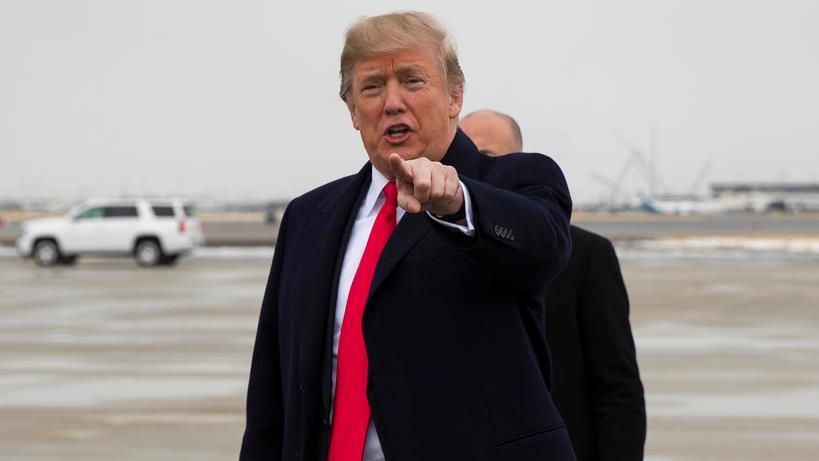Senate votes to pursue tax bill negotiations with House
A top U.S. Senate Republican voiced optimism that congressional negotiators will reach a deal on a sweeping tax overhaul ahead of a Dec. 22 deadline, as senators voted on Wednesday to begin talks with the House to bridge differences between their rival bills.
The Senate voted 51-47, along party lines with Democrats opposed, to go to a conference committee with the House of Representatives to work out differences on issues ranging from business taxes to the repeal of the Obamacare mandate that Americans obtain health insurance or face a penalty before lawmakers can pass a final version.
The House took similar action earlier in the week. Both the House and Senate are controlled by Republicans.
John Cornyn, the No. 2 Senate Republican, said he was optimistic House and Senate tax negotiators would be able to work out an agreement before their self-imposed Dec. 22 deadline to send the bill to Republican President Donald Trump to sign into law.
“Given the similarities between the House and the Senate bills, I think there are some obvious targets where they need to focus their attention but obviously they won’t be rewriting the bills,” Cornyn said.
The Senate’s vote allowed formal negotiations between House and Senate delegates to begin in earnest on final legislation that each chamber would have to approve before sending it to Trump. Lawmakers have said they are confident the talks can be wrapped up quickly. But Republican leaders must be careful not to agree to changes that could diminish support in the Senate, where they can afford to lose support from no more than two party members.
While there are significant differences between the House and Senate versions, both would deliver deep cuts in corporate income taxes and tax benefits to the wealthiest Americans as well as tax cuts to many middle-income people.
Passage of the tax bill would provide a badly needed legislative victory for Trump and Republicans after their failure earlier this year to enact legislation repealing President Barack Obama’s signature healthcare law.
Trump and Republicans see enacting the tax overhaul that they promised voters as crucial to their strategy for the 2018 U.S. congressional elections, when all 435 seats in the House of Representatives and 33 seats in the 100-member Senate will be up for election.
Democrats have been united against the bill, calling it a handout to corporations and the rich that would drive up the federal deficit.
In an early sign of progress on reconciling the House and Senate versions of the tax bill, Senator Orrin Hatch, chairman of the tax-writing Finance Committee, said he did not think that the final bill would retain a corporate alternative minimum tax (AMT).
The House bill calls for a repeal of the corporate AMT, which is designed to limit the ability of corporations to reduce their payments through tax breaks and credits. But corporate AMT repeal is not part of the Senate version.
Getting rid of the corporate AMT would be popular with many businesses and would also be a concession toward the House bill.
The House and Senate tax bills also differ on their treatment of so-called pass-through enterprises including small businesses, the expensing of business capital investments, international corporate taxes, mortgage deductions and the child tax credit.
Republicans will also have to resolve a difference on the corporate income tax rate. Both chambers cut the rate to 20 percent from 35 percent, but the Senate’s bill delays the cut for a year.




















